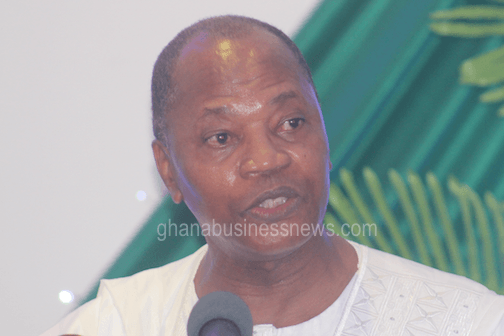

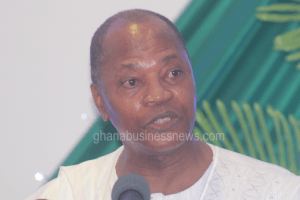
Ghana is yet to fully harness the potential of democracy as a catalyst for sustainable national development, Dr Mohamed ibn Chambas, a former United Nations Envoy to West Africa and the Sahel Region, has said.
He said Ghana, despite the strides it had made in democracy and good governance, was still confronted with a new set of challenges.
Those challenges, he said, encompassed a blend of historical issues, dating back to pre-colonial times and contemporary challenges, arising from evolving practices.
Dr Chambas made the remarks at the 3rd Active Citizenship Dialogue by STAR Ghana Foundation on the theme: “Empowering Citizens, Enriching Nation Building: Fostering Active Citizenship for Sustainable Development in Ghana” at the British Council in Accra on Friday.
Amongst other objectives, the Active Citizenship Dialogue seeks to stimulate conversations among Ghanaians on the state of active citizenship and to identify pathways for its promotion and use as a tool for inclusive and sustainable national development.
Dr Chambas, also a former President of ECOWAS, asked why 70 per cent of the Ghanaian population still grappled with poverty while the national debt burden continued to soar.
“Who owns our natural resources? Why does our food security hang in the balance due to events in faraway places like Russia and Ukraine? What has led to the precarious state of our healthcare and education systems? And where is the accessibility to decent housing and other social amenities?”
“Where are the dividends of democracy?” He further questioned.
He argued that the answers to those questions lay in the country’s ability to deal with the complexities of good governance and to fight for more just international economic systems.
Dr Chambas said the socio-economic implications of the lapses in governance in Ghana and unfair international trade were easily reflected in the declining quality of life, the pervasive presence of corruption, the prevalence of situations threatening rule of law, a divisive political context, state capture, and the deficit in visionary leadership to inspire people.
According to him, there was compelling evidence that strongly signalled that the progress attained in the past two decades was now “encountering imminent challenges”.
“For instance, the Mo Ibrahim Index of African Governance demonstrates that critical elements of good governance have either stalled or regressed over the past decade,” he stated.
Citing Transparency International, Dr Chambas said Ghana’s performance in the Corruption Perception Index (CPI) had “plateaued”, with a consistent score of 43rd out 100 for the third consecutive time.
In addition, he noted that the country had witnessed its poorest ranking in press freedom in 17 years, according to the Press Freedom Index by Reporters Without Borders.
He indicated that the drawbacks by the global COVID-19 pandemic had been enormous, causing increased levels of poverty, economic decline, and “autocratic tendencies” in many countries.
Dr Chambas said Active Citizenship was crucial as it had played a significant role in how Ghanaians had confronted challenges and that it was clear that there was an urgent demand for active citizen-driven initiative and action.
He said a capable state had a pivotal responsibility to actively empower its citizens to engage in active citizenship as that, among others, would help in finding solutions to the development challenges.
That, he said, did not diminish the critical role of the state and elected governments in setting the agenda for active citizenship.
“Active citizens work hand in hand with the government and other stakeholders to identify priorities, establish goals, and implement policies that genuinely reflect the needs of the people. The outcome is a more inclusive and equitable development process that is truly inclusive,” he said.
Ms. Shamima Muslim, Journalist and Convenor for Women in Media Africa (AWMA), who was part of a panel to discuss the theme, said education was critical in bridging the gender gap and building an inclusive society with women playing active roles.
Mr Oliver Barker-Vormawor, Lawyer and Convenor of FixTheCountry Movement, said in advancing active citizenship and ensuring inclusive development at all levels, there was the need for the provision of a support mechanism to make people safer in the pursuit of active citizenship.
“There cannot be active citizenship that grows in isolation,” he said, and called for inclusive participation to achieve a better country for all.
Source: GNA
The post Ghana yet to fully harness potential of democracy – Dr Chambas appeared first on Ghana Business News.
Read Full Story

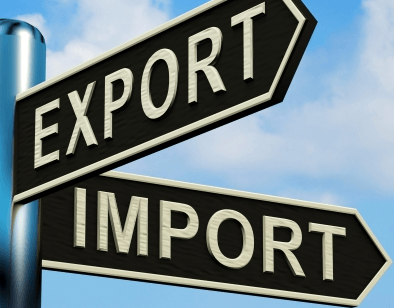

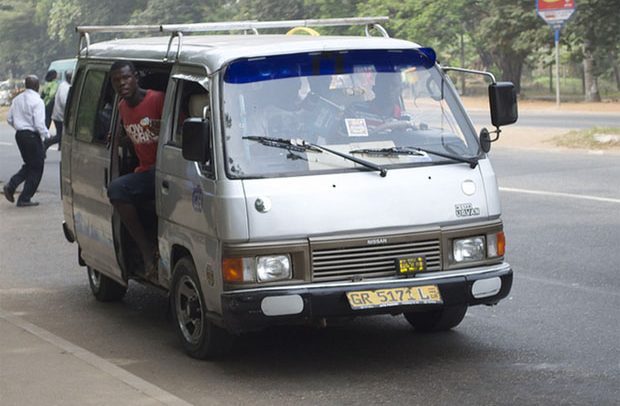


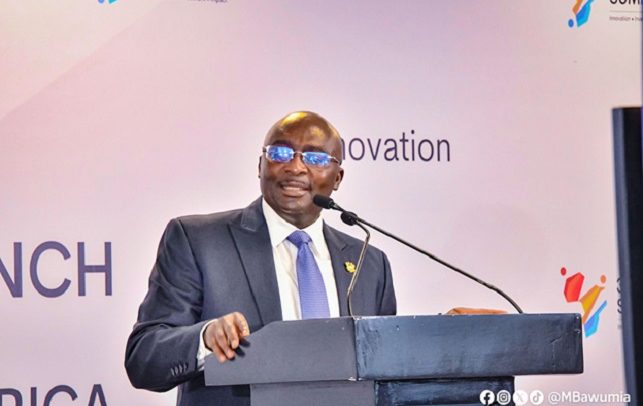














Facebook
Twitter
Pinterest
Instagram
Google+
YouTube
LinkedIn
RSS